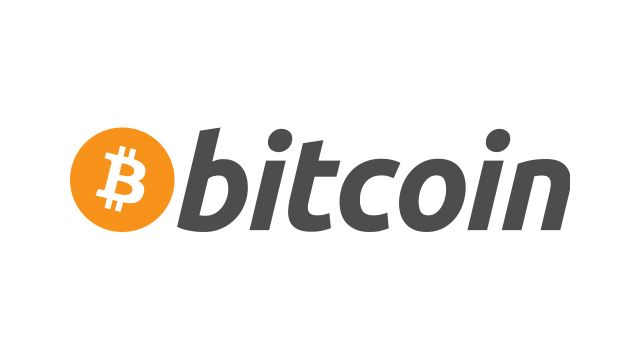
This was no classical computer fraud investigation. In this criminal case, the police has no crime notice by any person or foreign bank suffering loss of money. That was what the fraud was built upon: to act unnoticed and avoid being seen by investigators.
Generally speaking, credit card fraud and the obtaining of other people’s credit card data in specialised internet forums is nothing extraordinary. Still, the activity Sergei is accused of was a long step forwards when it comes to conspiracy – for he got his cards data from forums to enter which an invitation was needed from the inner circle.
Getting caught was supposedly avoided by so-called virtual machines used to hide themselves while making purchases with credit cards of strangers. In theory, this was supposed to be the perfect crime. To leave no evidence, all parties involved used encrypted data communication between themselves. The criminal idea as such was simple: purchase at full price for other people’s money, and to resell at considerably lower prices.
To avoid being linked with the goods, he ordered these to post offices in some European countries. Like Germany, Austria, Czech Republic, Sweden of Finland. Mainly the latter. Individuals hired by Sergei’s closest assistant travelled to get the goods; stuffing their luggage full of laptops, the marched off to an airplane.
The article does not tell why the super disguised crime failed.
Probably the guys attracted the attention by selling too cheap goods.
Links:
http://news.postimees.ee/3061473/cyber-investigators-disclose-best-disguised-crime-in-years





